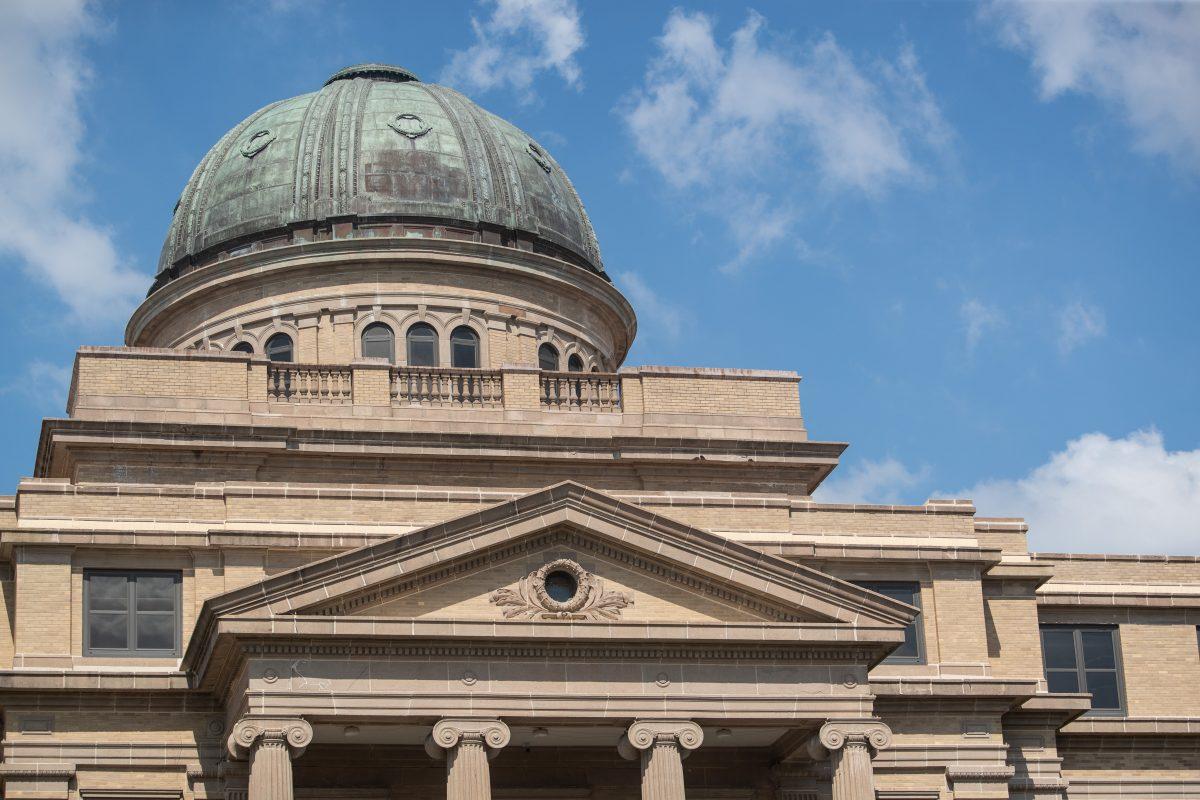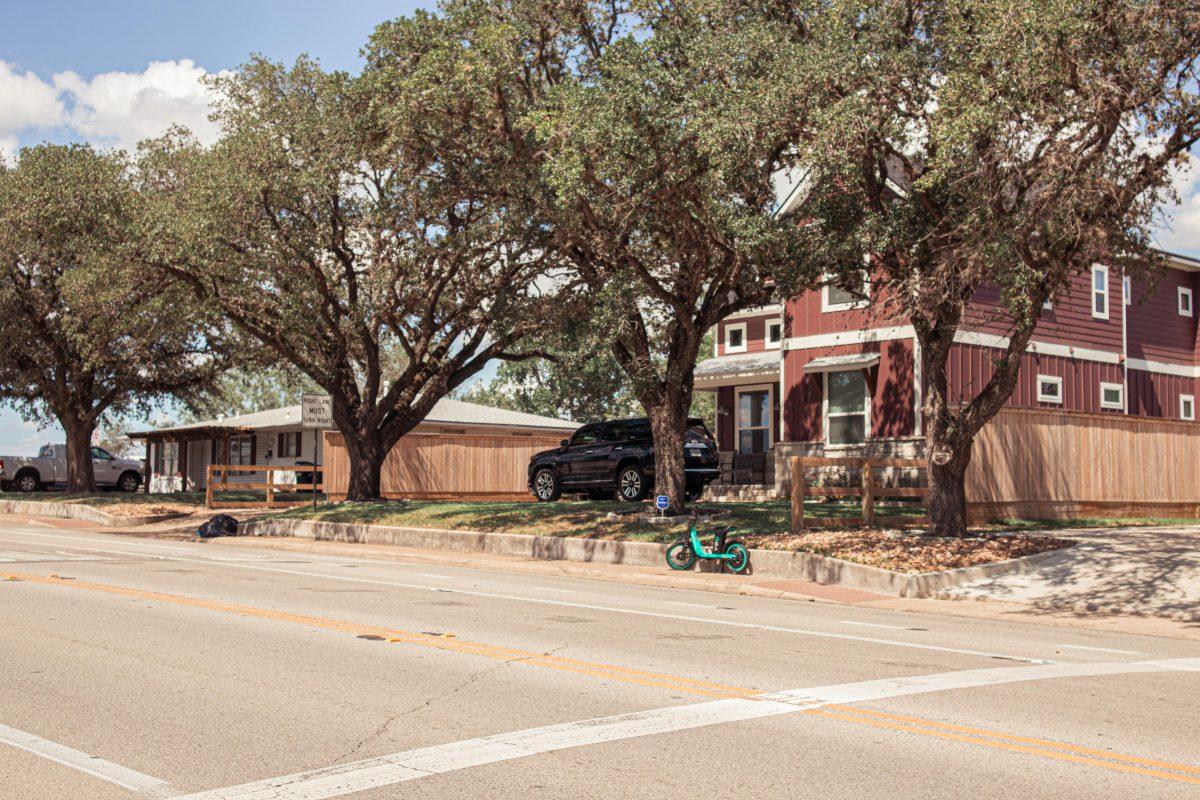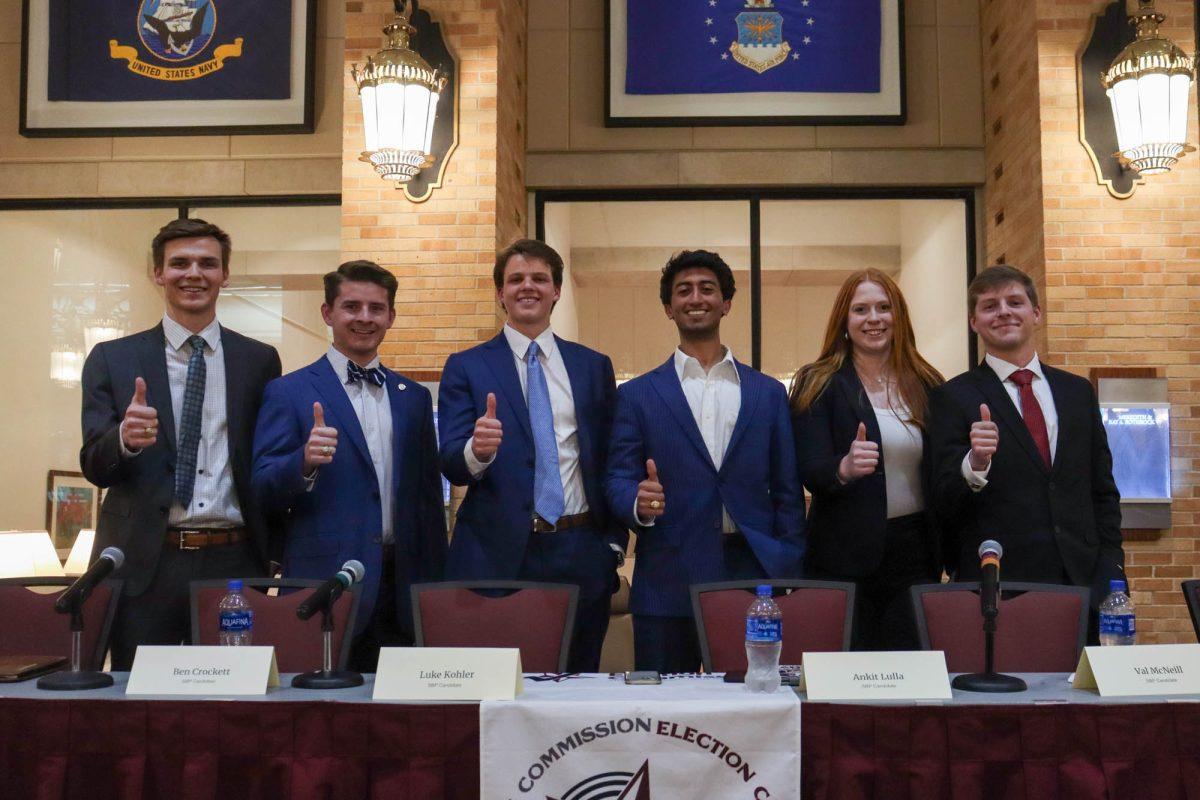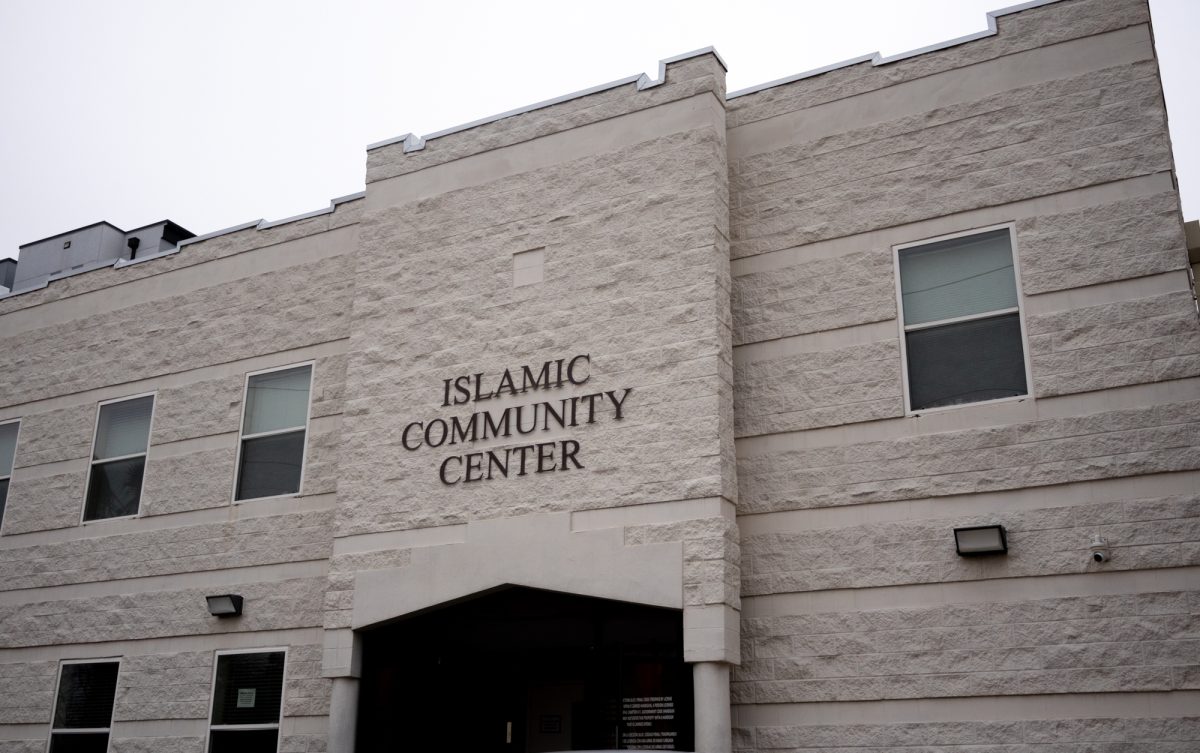The undermining of America’s global role is taking place far from Washington, in the unlikely place of College Station. Last month, the Board of Regents at Texas A&M ended the 21-year partnership with the Arab Gulf emirate of Qatar that had supported an engineering school, A&M Qatar, at the multi-university campus of Education City. It may be a forewarning of things to come as this country becomes increasingly uncomfortable with its multiple involvements overseas.
The abrupt decision to cancel an existing 10-year contract came with no public discussion, no input from the Qatar branch, or even the American campus, and only one regent dissenting. There is a legitimate question of how closely the Board followed events in Qatar or the TAMUQ campus. The Qatar Foundation, the government agency funding the school, complained afterward that it was blindsided. Even the estimated $75 million a year supporting the campus, its faculty and research was not enough. If A&M was willing to buy out a football coach’s contract for $76 million, the amounts in Qatar don’t loom that large.
There had been harassment about the overseas campus, mostly from the right and mostly alleging antisemitism. The conservative legal warriors, Judicial Watch, brought a lawsuit on behalf of a client combating antisemitism that demanded financial disclosures of funds to the university from “terrorist-linked Qatar.” They won the suit when a Texas court supported their claims in March 2023. More recently — some two months before the Regents’ vote — another Washington-based group, The Institute for the Study of Global Antisemitism and Policy, produced a report accusing A&M of licensing nuclear energy and weapons research to Qatar, implying a connection to arming Hamas for their Oct. 7 attacks on Israel. The university’s president denounced the findings as “false and irresponsible.” But Qatar would later blame this “disinformation campaign” for the regents’ abrupt decision.
The regents themselves dismissed the impact of this report without quite answering what their motives actually were. The vote for closing their branch was introduced and finalized in less than a minute. Those in Doha most affected by the closure complained that they were left out of this “prearranged” vote. A spokesman for the Board alluded to regional instability and changing institutional priorities. The board chairman pointed to the core mission of A&M lying in Texas and the United States, which didn’t require a campus 8,000 miles away. The Doha campus was begun in 2003, arguably during a time of even greater regional instability. But it also began when Robert Gates, former secretary of defense, was president of A&M. For the current leadership, an overseas branch apparently was no longer relevant to the university’s mission.
The motivations may be even simpler and, possibly, more superficial. If the Qatar Campus, its income and overseas exposure weren’t that important, any negatives would be that much more intolerable. The present Israeli-Hamas conflict brought to the evening news unpleasant issues that could possibly place the University in an awkward position. One can imagine that memories of the president of Harvard losing her job and reputation by being labeled an anti-semite before a congressional committee was not something conservative Texas leaders would want to repeat. Add to this the prospect of defending support for “Arab terrorists” before MAGA state politicos, and one can imagine that these governor-appointees would look for ways to avoid this scenario. One can almost hear regents getting whispers in their ears at their country clubs, “What are you guys doing?”
Who loses? In the 21 years A&M had been in Qatar it graduated some 1,300 engineers, almost 40% of them women. It’s unclear if this continues. The five other American universities, including Georgetown University Qatar, are the largest group of American schools outside the country. They may feel a bit more precarious. None have announced plans to leave. As to the future of other overseas campuses, one journal tracking higher education ominously subheadlined “The First Domino?”
This domestic threat to America’s global role in higher education is notable and new. When these universities first arrived in Qatar, mostly in the early 2000s, memories of 9/11 and the Iraq War were immediate worries. But the threats from the tradition-bound, religious regimes were the focus of concern from the university pioneers shaping this innovative move. Would the local population support liberal education? Could academic freedom survive conservative elites with questionable respect for free speech in their own country? Could women, non-Muslim minorities and nontraditional lifestyles common to modern universities be tolerated and supported in a mono-religious society?
With some tensions and ongoing pushing and shoving, these questions have generally been resolved in a direction of greater freedom and expanding educational opportunities for the next generation of Arab leaders. The customs and politics of the Middle East have not prevented the successful transplanting of liberal American education. Ties of friendship and learning, and the very real transfer of an American presence and values have occurred in the decades of this educational experiment. To the benefit of all concerned.
Curiously, it is now our country’s impulse toward isolationism, with a hint of xenophobia and the retreat in domestic support for America’s role in the world, that endangers this building of bridges between cultures. As that great American cartoon icon, Peanuts, said a while back, “We have met the enemy, and he is us.”
Gary Wasserman was a professor of government for eight years at Georgetown University, Qatar and wrote The Doha Experiment.




























Judy Dickey • Mar 19, 2024 at 10:03 am
Pogo, not Peanuts. But otherwise very well said.
john • Mar 14, 2024 at 9:57 pm
context is worth a lot, and nobody better to give it than an expert in politics + someone with almost a decade on the ground in the same country.
Lowell S Herzog • Mar 14, 2024 at 12:25 pm
An interesting and thorough article that shows that quick decisions with no explanations oftentimes have long lasting results in an area that A&M might have better influenced. It also leads us to believe that many people are not fully aware and versed in the politics of the Middle East and the conflicts that have existed in the area for so long.
I believe the quotation at the end of the article came from Walt Kelly’s “Pogo” comic strip, not anything generated by Charles Schultz.
Isabella Garcia • Mar 10, 2024 at 12:00 pm
Thank you so much for taking the time to inform us professor!